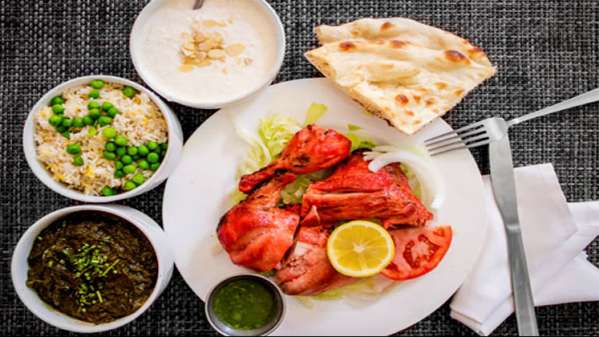With intrepid Indian travellers heading for Peru — 7,000 in 2017 and up 36.9 per cent in the first two months of this year — should it be a surprise that the South American nation has released four cookbooks “to bring to India our internationally-acclaimed gastronomy” and hopefuly entice more tourists.
“The four cookbooks launched by the Embassy of Peru is an endeavor to bring to India our internationally-acclaimed gastronomy which is little known yet… Five years back there were hardly any restaurants serving Peruvian cuisine in India, but today we have multiple restaurants serving our food in the major cities of India,” Luis M. Cabello, the country’s Economic and Commercial Counselor,” told IANS in an interview.
“It is but natural that our cuisine enters the Indian market, especially since it is very well suited to the Indian palette,” he added.
To this end, the cookbooks have been designed “keeping in mind the requirements as much of a home-cook as a restaurant-chef who is looking to diversify the Peruvian dishes available on the menu… The idea is to familiarise Indians with the cuisine and remove the inaccessible, exotic tag from these Peruvian recipes”, Cabello added.
Ever since the Commercial Office of Peru in India opened its doors, he said “gastronomy has been an important lateral which we have focused upon, especially considering the importance of good food to any Indian traveler, whether business or leisure”.
Educational seminars organised for the tourism trade fraternity have had Peruvian dishes included in the snacks and meals offered after the session. Last year, the commercial office organised meet-ups with National Geographic Traveler India in Kolkata and the focus theme for the end-customer-oriented event was Peruvian gastronomy.
In 2016, Indian celebrity Chef Vicky Ratnani travelled to Peru to visit the Mistura international food fair in Lima.
“Various collaborations with Indian and Peruvian chefs are in the pipeline and we are working towards the strengthening of relations between the industry stalwarts in this sector. On the trade front, Peru is actively and aggressively promoting Peruvian agro-products in India, facilitating the entry of red globe grapes, avocado, quinoa, maca root, among others in India,” Cabello explained.
Each of the four cookbooks focuses on classic, traditional recipes based on one of the staples of the Peruvian kitchen. Three look at rice, potato and corn preparations and the fourth at Peruvian cuisine as a whole.
“In addition to the recipes, which include starters, main course and deserts using the staple mentioned, a brief history of the ingredient in Peru is also included… Having read this section of each of the editions, the reader would be better versed with the reasons why Peruvian gastronomy is celebrated in the world,” Cabello noted.
Are there any similarities between the food in Peru and that in India?
“The ingredients chosen for these cookbooks reflect the similarities between India and Peru in terms of their food. Rice, potato and corn are considered to be staples in India too, each of these ingredients is used in a variety of shapes, forms and flavours. Similarly in Peru, these ingredients form the basis for many traditional dishes.
“If I were to draw parallels between dishes, India boasts of chicken tikkas whereas Peru has a day dedicated to pollo a la brasa. Paaesh or kheer is nothing but arroz con leche. Indians love their food spicy, very similar to the Peruvian favourites found in picanterías in Lima, Cusco, Arequipa, etc.
“The word picante means spicy in Spanish and these restaurants pay homage to the varieties of chilies used by the Peruvian in the daily kitchen. Indians love their samosas stuffed with potatoes or minced meat, very similar to the empanadas available in Peru, stuffed with varied proteins or cheese. Just as breakfast time is utilized to discuss the menu for lunch and the lunch hour to discuss the dinner spread, in Peru too the family sits around hearty meals to discuss their next meals,” Cabello explained.








